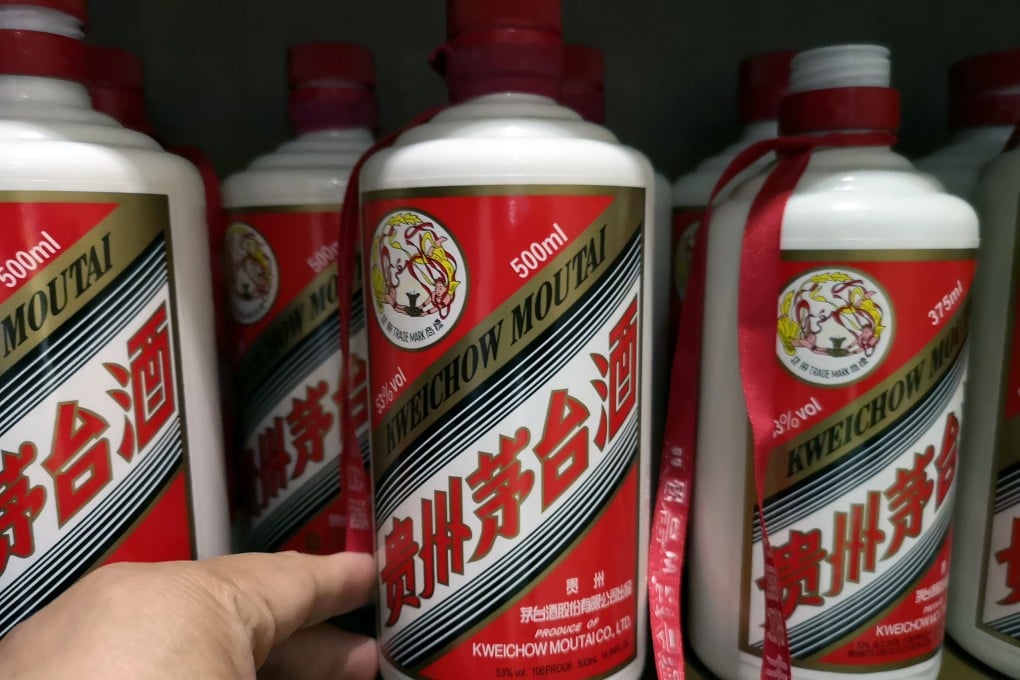World’s most admired companies: Chinese behemoths find financial muscle does not translate into brand appeal
- Kweichow Moutai is the only Chinese company to rank among the top 10 in the FutureBrand Index
- Apple is the world’s most admired company, jumping three places from the previous survey in 2018

Chinese companies may be growing in financial stature, ranking among the world’s biggest, but when it comes to brand appeal they fare poorly, according to FutureBrand Index.
Kweichow Moutai, the maker of fiery baijiu liquor, was the only Chinese company to rank among the top 10 on the FutureBrand Index, landing in fifth spot. And even this ranking was a decline of three notches from second place in the previous survey in 2018.
Now in its sixth year, FutureBrand Index is a global perception study that reorders PwC’s Global Top 100 Companies by Market Cap on perception strength rather than financial strength. To determine the rankings, FutureBrand spoke to 3,000 experts, including chief executive officers, managing directors, junior and senior managers, and government officials, between April and May this year.
The index also offers an evaluation of how “future-proof” prominent companies are using 18 indicators including purpose and experience.

“In previous years, our research has conclusively demonstrated that organisations who top the index have a measurable competitive advantage, in part due to their standing on national and international stages,” the report said. “Importantly, our rankings show that financial strength does not necessarily translate into perception strength.”
Apple, the maker of iPhones, topped the rankings, jumping three places from the previous index. India's oil-to-retail giant Reliance Industries held on to its spot in second place, followed by Korea’s smartphone and TV maker Samsung in third, which rose six notches.